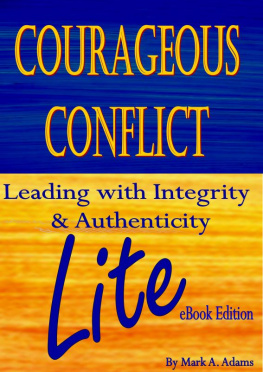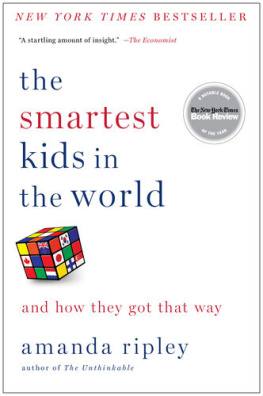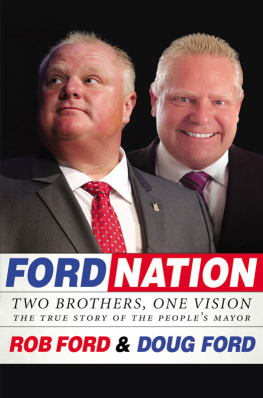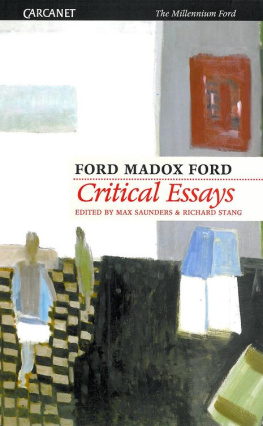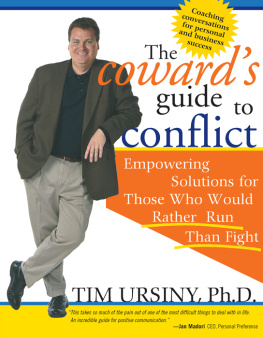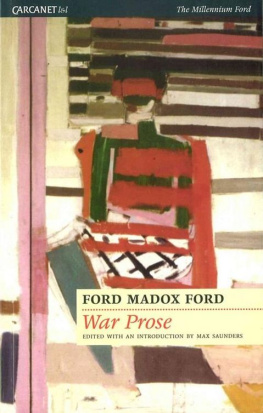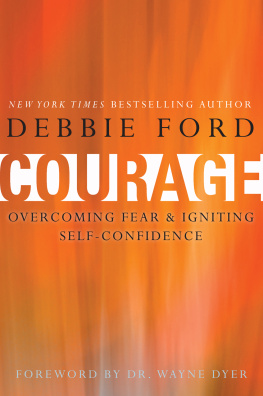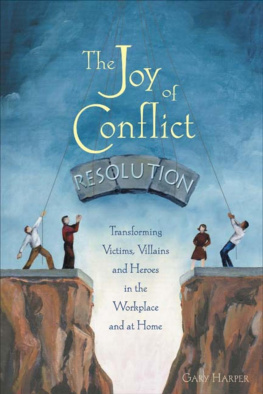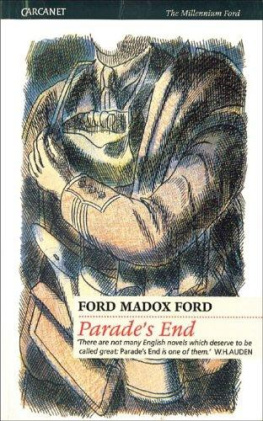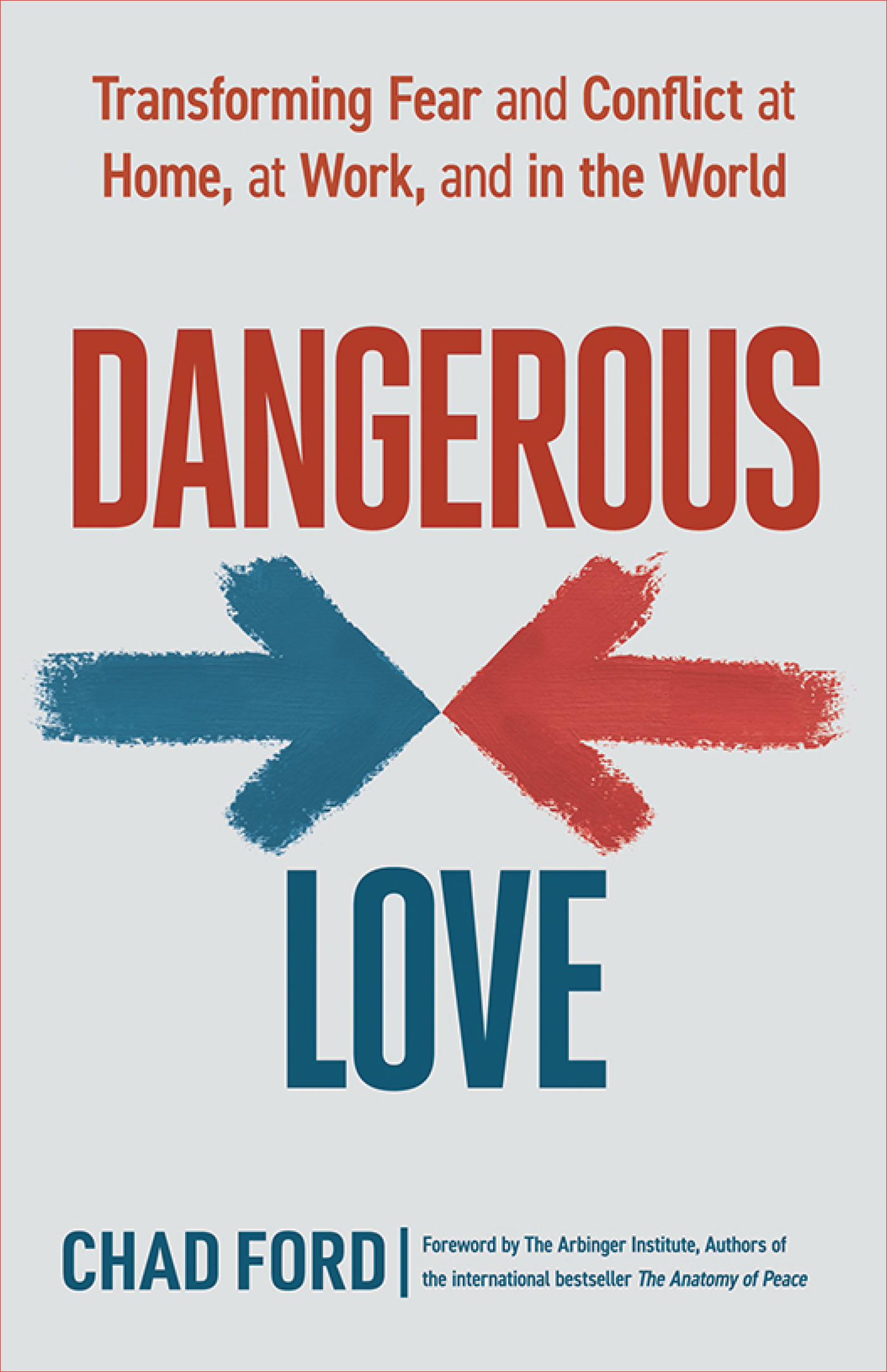Contents
Guide
DANGEROUS
LOVE

Dangerous Love
Copyright 2020 by Chad Ford
All rights reserved. No part of this publication may be reproduced, distributed, or transmitted in any form or by any means, including photocopying, recording, or other electronic or mechanical methods, without the prior written permission of the publisher, except in the case of brief quotations embodied in critical reviews and certain other noncommercial uses permitted by copyright law. For permission requests, write to the publisher, addressed Attention: Permissions Coordinator, at the address below.

| Berrett-Koehler Publishers, Inc.
1333 Broadway, Suite 1000
Oakland, CA 94612-1921
Tel: (510) 817-2277, Fax: (510) 817-2278
www.bkconnection.com |
Ordering information for print editions
Quantity sales. Special discounts are available on quantity purchases by corporations, associations, and others. For details, contact the Special Sales Department at the Berrett-Koehler address above.
Individual sales. Berrett-Koehler publications are available through most bookstores. They can also be ordered directly from Berrett-Koehler: Tel: (800) 929-2929; Fax: (802) 864-7626; www.bkconnection.com
Orders for college textbook/course adoption use. Please contact Berrett-Koehler: Tel: (800) 929-2929; Fax: (802) 864-7626.
Distributed to the U.S. trade and internationally by Penguin Random House Publisher Services.
Berrett-Koehler and the BK logo are registered trademarks of Berrett-Koehler Publishers, Inc.
First Edition
Paperback print edition ISBN 978-1-5230-8977-2
PDF e-book ISBN 978-1-5230-8978-9
IDPF e-book ISBN 978-1-5230-8979-6
Digital audio ISBN 978-1-5230-8980-2
2020-1
Cover design: Dan Tesser, Studio Carnelian
To Amanda, Makena, TK, Emmy Skye,
Summer, and Linda Lou
Thank you for teaching me how to
love dangerously again.
I will love you that way too. Forever.
He aha te mea nui o te ao?
He tngata! He tngata! He tngata!
What is the most important thing in the world?
It is people! It is people! It is people!
MORI PROVERB
CONTENTS
FOREWORD
Over a decade ago, we received a phone call out of the blue from Chad Ford. He had just arrived home in Hawaii following a challenging conflict resolution experience in the Middle East. The delicate negotiation he had been engaged to conduct had ended in success, but this surprised even him. Until the final few minutes of the negotiation, the entire effort had been an abysmal failure.
As he drove to the airport in Tel Aviv to board his flight home, Chad replayed the experience in his mind. Try as he might, he couldnt explain what had turned a certain failure into a sudden success. So when he boarded his flight, Chad was both exhilarated and perplexedhappy about the result but troubled that he had no idea how to replicate it. During that flight, he discovered the understanding he was seeking. It came in the form of a book that one of his students had given him prior to the tripThe Anatomy of Peace by the Arbinger Institute.
Chad pulled the book from his bag after the flight had lifted off from Tel Aviv. By the time he landed in Honolulu, the book had transformed his understanding of conflict including his perception of the negotiation he had just completed. It illuminated for Chad the poorly understood foundational underpinnings of conflict and helped him see, step-by-step, what had happened during his negotiation in the beginning how he actually had been making matters worse and why everything suddenly turned for the better. He couldnt wait to talk to the team at Arbinger about his experience and to learn more about our work.
Conflict professionals like Chad know a secret: sometimes their work helps and sometimes it doesnt, and often they dont know why. Armed with various theories and tools, they often sift through their knowledge and skill sets hoping to find something that will help. When they find the right mix, sometimes they say, magic happens. But magic cuts both waysboth for and against. Even when unexplained good fortune smiles in ones direction, if it remains in the realm of magic, there is no reliable way to plan practical and effective change efforts; everything is left to hope and chance. For Chad, the discovery of Arbingers work was the end to confusion about why some approaches work while others dont. It illuminated how to build conflict resolution approaches that work.
In the last ten years, Chad has become a trusted colleague and facilitator of Arbingers work in organizations. Chad Ford, armed with Arbingers understanding, is one of the best conflict resolution professionals on the planet.
To describe Dangerous Love in one sentence, this is the book version of being with Chad in person. Because that is so, we can confidently say that you will find this to be an interesting, meaningful, and moving read. From an Arbinger perspective, Dangerous Love is a deep and practical exploration of a foundational Arbinger conceptwhat we call the most important move. Which means that in addition to enjoying the read, we also believe in the foundational importance of the books message.
May you have the willingness and courage to feel and apply dangerous love.
The Arbinger Institute
November 2019
INTRODUCTION
WHAT IS DANGEROUS LOVE?
One way to define conflict is our inability to collaboratively solve problems with other people.
Whom are you in conflict with right now? Whom are you struggling to solve a problem with? A family member? A friend? A coworker? A neighbor? An organization or a political party? All of the above?
We can handle conflict in basically one of two ways: constructively or destructively.
When we engage in constructive conflict, we can find freedom from the negativity of contention. We can find justice and mercy, unlock creativity, develop inner strength and calm, strengthen our personal and social relationships, and solve deep-rooted problems in our lives. We can even find peacein our personal lives, our relationships with others, the organizations we work in, and the communities we live in.
Unfortunately, most of our experiences with conflict dont look that way at all. They look more like destructive conflict. In destructive conflict, contention runs rampant. Justice and mercy are nowhere to be found. Our options feel limited. We feel weak and anxious. Broken relationships, dysfunctional workplaces, and divided communities and nations are left behind in the rubble.
Which type of conflict are you in at the moment? Are you feeling frustrated? Irritated? Angry? Confused? Trapped? Hopeless? Does a solution to the conflict seem hopelessly out of reach? Have you given up on finding peace with those you are in conflict with? Or are you still swinging away, hoping that youll land the blow that helps them come to their senses?
If you are feeling any of these ways toward any of these people, I wrote this book for you.
Conflict is always going to be with usrelationships are funny that way. Knowing how to transform destructive conflict into constructive conflict is critical to our personal, professional, and societal well-being. Yet, by and large, we are terrible at it.



